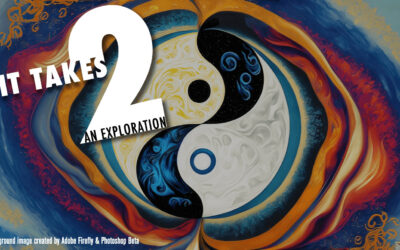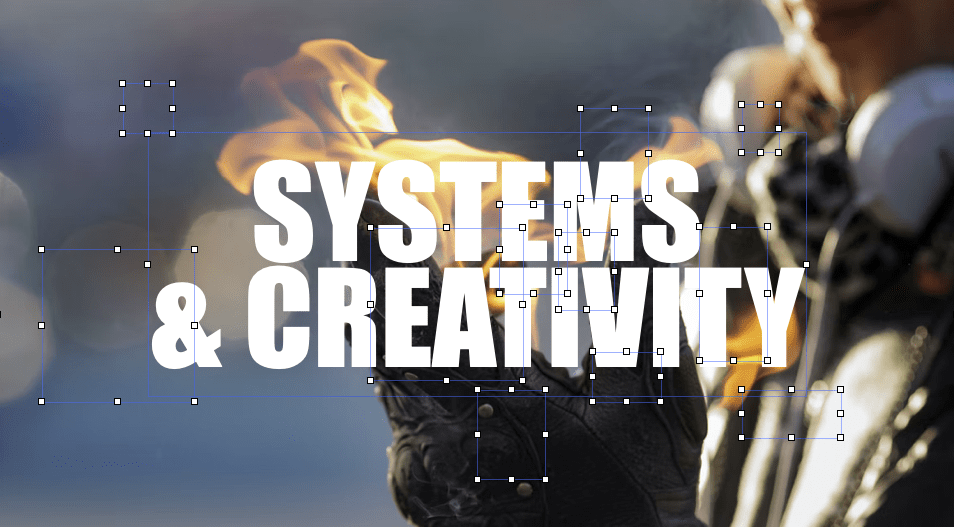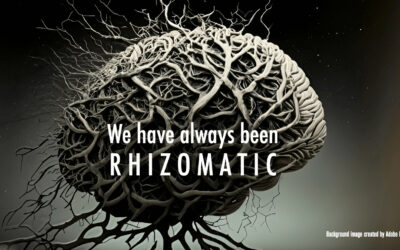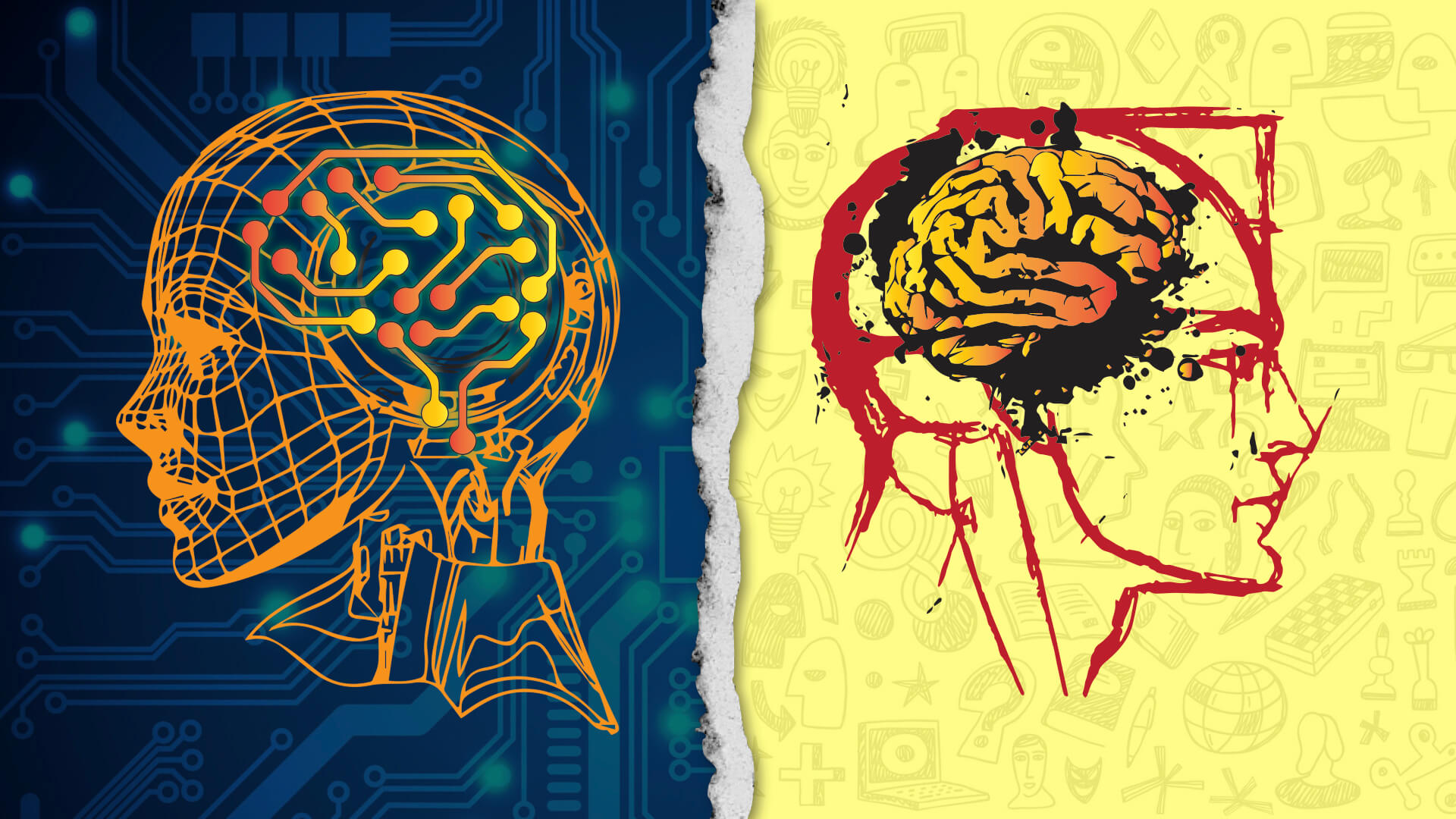A while ago I blogged about a column by David Brooks in the NYTimes (Flipping the Tech & Ed equation). Brooks described research by Goldin and Katz indicating a “race between technology and education” based on the idea that technology is (by its very nature) skill based. When we add to that the fact that technology is continually changing we are forced to conclude that keeping up with the technology requires continual learning and education.
I recently came across a review of the Goldin and Katz book by Arnold Kling and John Merrifield (you can read the full review here [PDF document]). There was one aspect of the review, about the race between new technologies (or upgraded technologies) and the kinds of education and learning on needs to keep up, that really clicked with me and helped me articulate better some thoughts I have had for a while.
Kling and Merrifield write that
The software spreadsheet program Microsoft excel is upgraded every few years. When an upgrade occurs, some of the functions are reconfigured. Think of excel as a metonym for the edge of technology available for widespread commercial application.
Very often we acquire an upgrade but prefer to use the old version. if skills do not keep up with technology, one might be less productive with the new version. Moreover, even if one’s absolute productivity remains the same, if other users gain the skills suited to the new version, one falls behind relative to other workers.
What this means is that with every change in technology we have a choice – to upgrade (and thus invest time in learning these new functions) or not upgrade (and work with what we have). If we choose the latter, we may maintain our productive for a while, but in the long run, we become less productive, for two reasons. First, we may never find out what these new functions are and how they may help us do what we do in more efficient ways, or second, everybody else around us picks up these new capabilities, thus reducing our relative productivity.
For instance, I can see this happening with the new versions of Word that are out there. I am increasingly receiving files with .docx extensions that my version of Word cannot open – at least not without some significant software calisthenics on my part (open in one program, copy and paste into word or, even more cumbersome, email the author to send me a downward compatible version). At some point in the near future, I know, I will have to give in and upgrade.
Thus, as Kling and Merrifield say in their review, this entire process “is a race between individuals in their levels of capabilities, but it is a race whose terms are affected by technological advancement.” And this race keeps getting faster with a greater number of obstacles. Either you run with the pack or you will be left behind. If you do try to run with the pack you will be spending increasing amounts of time just keeping up with the tools instead of using them.
Clearly this has significant implications for educators (and teachers), and one that Matt Koehler and I have pointed out when discussing our TPACK framework). The rapid rate of technology change puts teachers and teacher educators at a disadvantage. Clearly to expect teachers to know each and every piece of new technology (and their latest versions) is a difficult goal to achieve. In contrast we have argued for a new way of thinking about technology, a way that allows for flexibility of thought, a willingness to tolerate ambiguity, and most important a willingness to experiment. These are the traits we need to be training teachers for, not learning specific tools. This calls for creativity and ingenuity on the part of teachers (and teacher educators).
We have a tiger by the tail!
On a completely different note, one of the authors of the review (Arnold Kling) has a great essay on his experiences trying to set up a dot-com industry. The number of mis-steps and goof ups (that he shares quite graciously and openly) has to be seen to be believed. Enjoy reading, A Series of Miscalculations






0 Comments